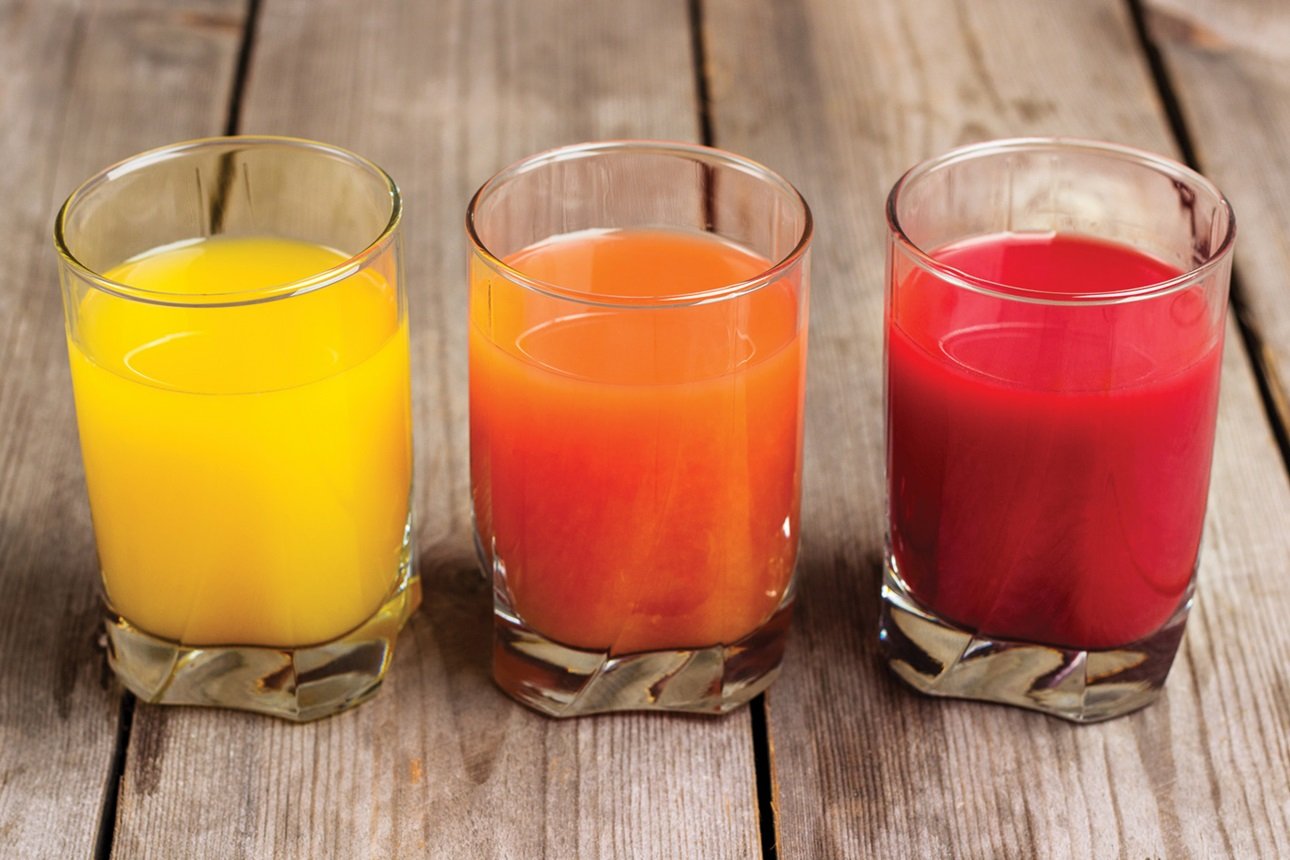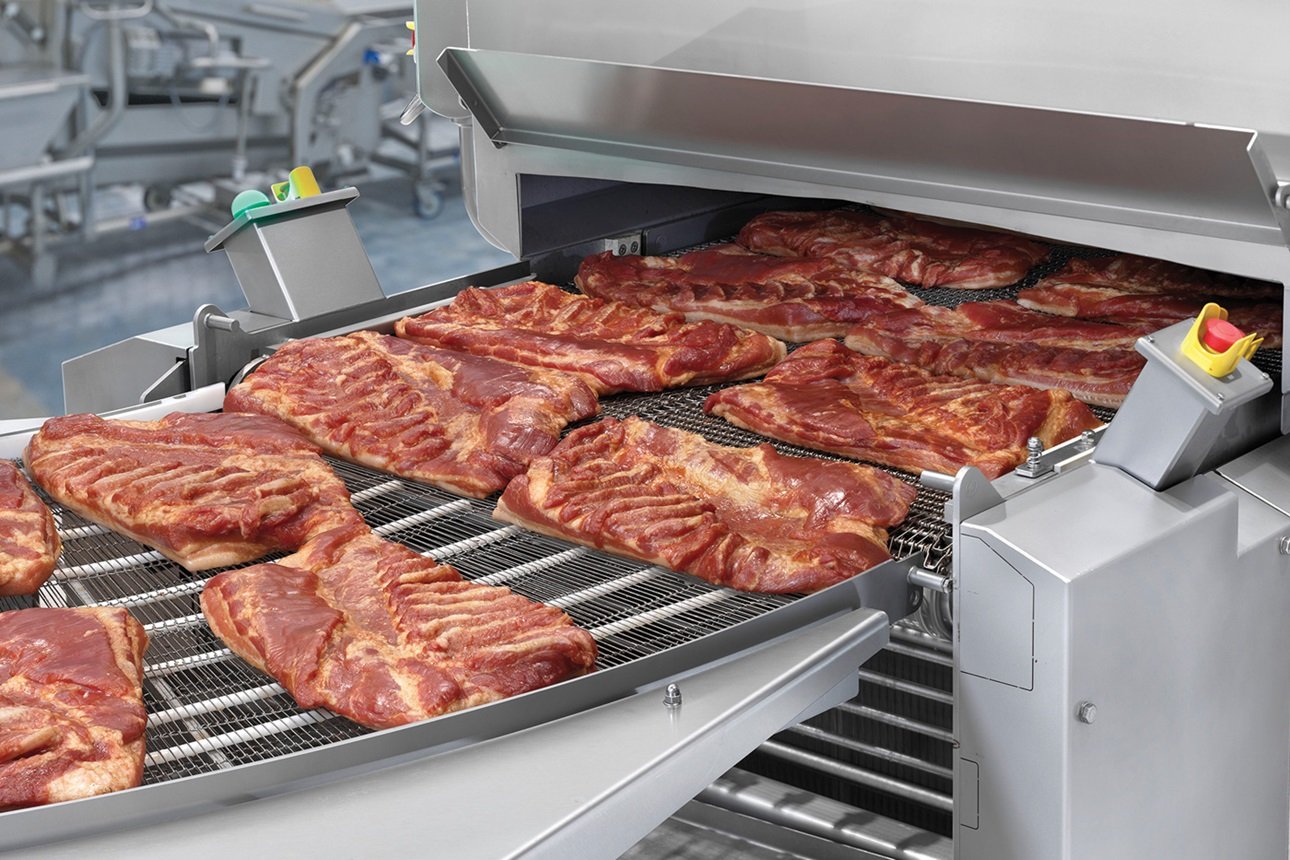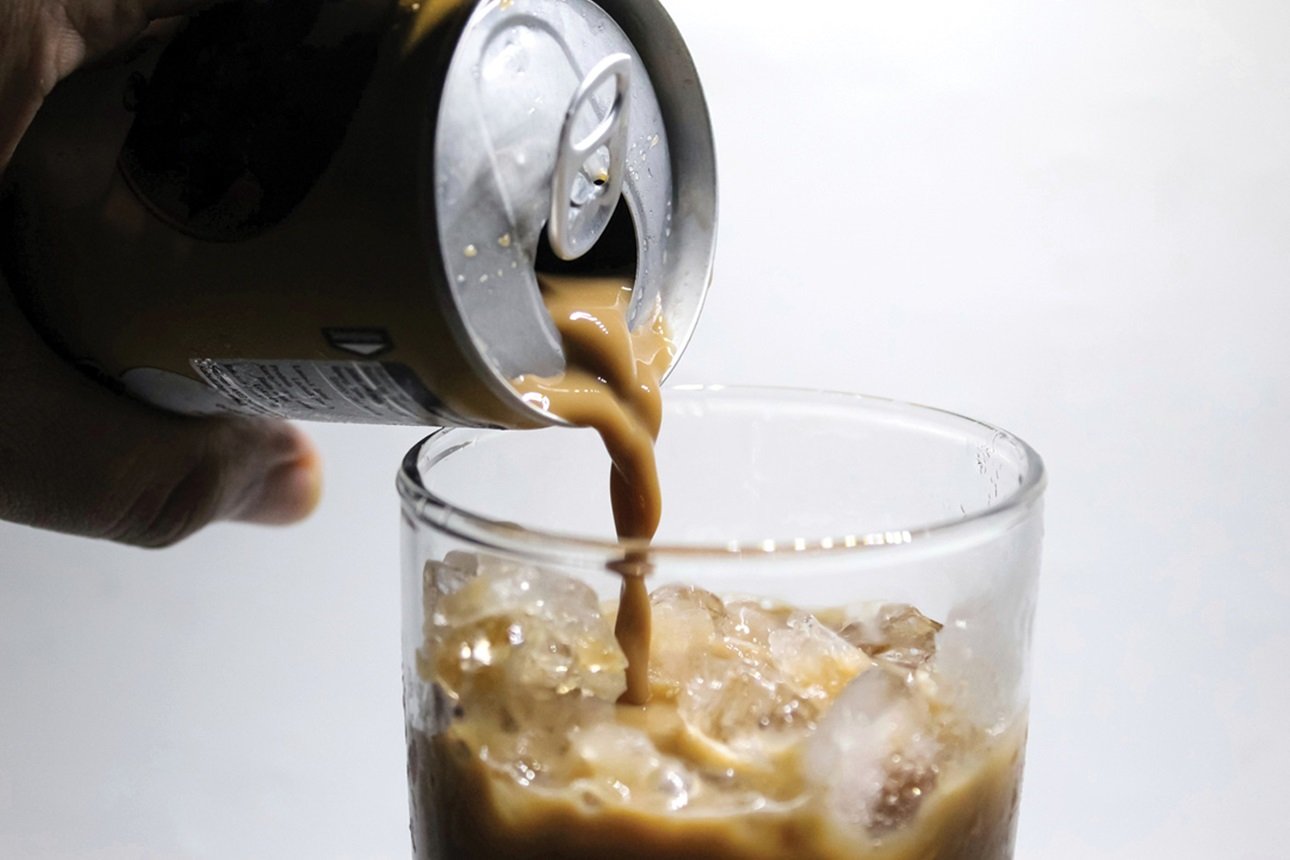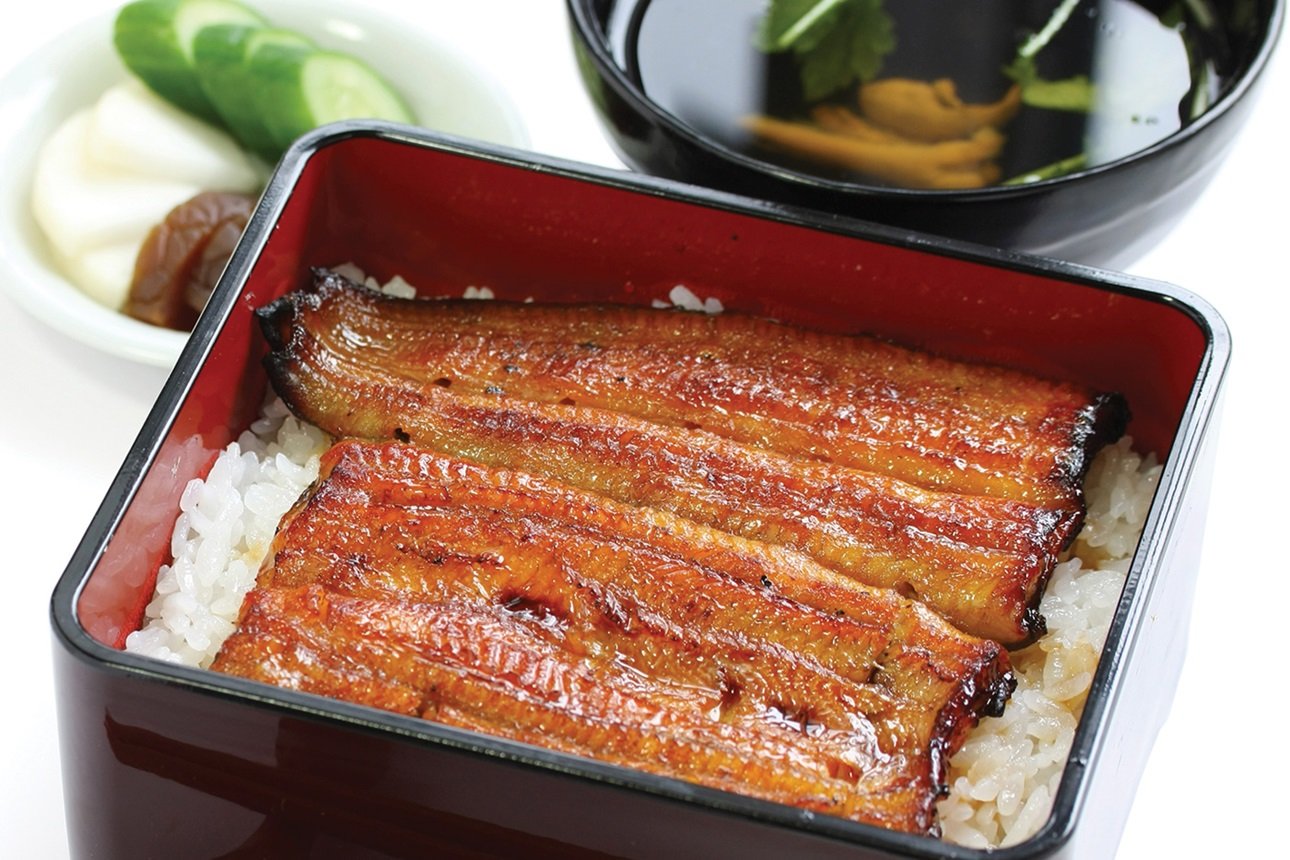Food Technology Magazine | Supplier Central
Better Juice and Ingredion Collaborate and More Ingredient News
News about food industry suppliers
Product Development
Conversion Process Reduces Sugar in Juices
Sugar reduction technology developed by Better Juice Ltd. removes simple sugars in juice-based beverages, concentrates, and other natural sugar-containing liquids. The environmentally friendly, clean label conversion process applies proprietary beads composed of non-GMO microorganisms, which produce enzymes. These enzymes convert the juice’s composition of fruit sugars, including sucrose, glucose, and fructose, into prebiotic fibers and other nondigestible molecules, enabling sugar reduction of 30% to 80%.
The company has announced a collaboration with Ingredion. Ingredion Ventures, Ingredion’s venture investment arm, will lead the Series A funding round for Better Juice, which will fast-track penetration of its sugar reduction solution into the U.S. juice market. This follows Better Juice’s partnership with GEA Group. Since 2022, the GEA Better Juice Sugar Converter Skid has been included in GEA’s test center in Ahaus, Germany. Better Juice collaborates with GEA for manufacturing the bioreactor, and together they install the technology in customers’ facilities.
PROCESSING
Pasteurization for Organic Ingredients
Sensient Natural Ingredients announced its new pasteurization process for USDA certified organic ingredients. CertiPure processing results in an all-natural, ready-to-eat dried onion product that’s safe to use in cold applications such as dressings, dips, prepared salads, bottled spices, topical seasoning blends, and more, without the need for an additional thermal kill step. In addition, it’s the only nonthermal validated process available to pasteurize USDA certified organic ingredients that maintains its certification after pasteurization, unlike irradiation.
CertiPure is distinctly different in that it is the only process where dried onion is pasteurized, packed, and sealed within a contaminant-controlled clean room. Products remain sealed until the customer opens them. This new technology opens up opportunities for use of ready-to-eat dry ingredients like garlic, chilies, and more.
NEW PRODUCTS
GEA has a new continuous line for bacon, which significantly increases speed and capacity, taking the “batch” out of bacon production and simplifying the creation of this popular food. This all-in-one solution comes with the option of a fully incorporated smoking stage, offering much shorter process times than a conventional smokehouse. The system complements GEA’s signature injection machine, the MultiJector 2 mm, which injects brine into bacon using a dense needle pattern for even distribution and retention. After the smoking step, bacon hardening is handled by GEA’s A-Tec spiral freezer, providing the right product conditions for slicing.
Enzyme Development Corp. launched Enzeco Ficin Liquid 50K, suitable for use in protein hydrolysis, especially plant-based proteins for use in meat alternatives, gelatin hydrolysis, and enzyme-modified cheeses. The standardized liquid ficin preparation works well on milk proteins as well as wheat, soy, pea/pulse, rice, oat, and other proteins. It functions effectively with other proteases to provide a high degree of hydrolysis and unique flavors. Enzeco Ficin Liquid 50K shows a lower temperature of inactivation compared with papain or bromelain, so it may be more effective in systems that have temperature limitations.
AAK has expanded its AkoPlanet platform for plant-based foods in the United States. The expansion introduced a coconut oil (AkoPlanet CNO 16-001 ) that abides by high sustainability standards and supports AAK’s commitment as a leading supplier of sustainable plant-based ingredient solutions while supporting farmers and featuring traceability to the farm.
Hydrosol supports manufacturers of ready-to-drink coffee beverages with stabilizing systems from the Stabiprime and Stabisol ranges. The company added coffee drinks to its milk mixed beverage applications. One concept is a coffee drink with a protein content of 6%. It’s made of milk powder and water together with the customer’s instant coffee. What makes it special is that it is filled into cans and autoclaved and can be stored without cooling. The coffee drink can be made with fresh milk, or as a recombined version with milk powder. The recombined option is attractive for markets where little fresh milk is available. The stabilizing system keeps the drink stable for a long time, while phosphates and/or carbonates control the acid development.
With functional systems from Planteneers and equipment from Handtmann, manufacturers of plant-based meat alternatives can now produce marbled pieces with a fine fibrous structure. The only requirements are a newly developed attachment for Handtmann’s familiar filling and portioning systems, and the appropriate system solutions from Planteneers’ fiildMeat and fiildTex series. The latter are the basis for these meat and fat alternatives, which are produced with a flexible co-extrusion system. Potential products include plant-based alternatives to steak, filet strips, or bacon. The size and shape of the final products can be adjusted to customer desires, as can the definition of the fat layers.
INDUSTRY UPDATE
BENEO’s beta-glucan–rich ingredient Orafti βFit was certified by the American Heart Association’s Heart-Check Food Certification Program. It can now carry the organization’s Heart-Check mark. Orafti βFit is a 100% whole grain barley flour, providing 20% beta-glucan fibers, significantly higher than conventional cereal flours. Daily consumption of 3 g barley beta-glucans reduces blood LDL cholesterol and thus reduces the risk of coronary heart disease. With a fiber content of 40%, BENEO’s new ingredient can also help to bridge the fiber gap and improve digestive health.
dsm-firmenich gained approval for an additional four human milk oligosaccharide (HMO) ingredients for use as nutritive substances in infant formula products in Australia and New Zealand. The HMO ingredients evaluated by Food Standards Australia New Zealand (FSANZ) were GlyCare 2’-fucosyllactose/difucosyllactose (2’-FL/DFL), GlyCare lacto-N-tetraose (LNT), GlyCare 6’-sialyllactose (6’-SL) sodium salt, and GlyCare 3’-sialyllactose (3’-SL) sodium salt. The FSANZ assessment also verified that there is well-supported evidence that the HMOs elicit multiple positive effects when added to infant formula, including the promotion of beneficial gut microbiota, anti-pathogenic effects, suppression of inflammation, and support of immune responses and anti-genic memory.
Kyowa Hakko Bio Co. Ltd. (Kyowa Hakko Bio) and Kyowa Hakko USA Inc. (Kyowa) announced the celebration of the grand opening of expanded citicoline manufacturing facilities at the Kyowa Hakko Bio Yamaguchi Production Center, situated in Hofu City, Yamaguchi Prefecture, Japan.
IFF has invested in high-moisture extrusion (HME) technology from Coperion, enabling the company to support manufacturers in replicating the appearance and fibrous texture of conventional whole-muscle meat. HME can deliver an improved eating experience of plant-based meat and seafood products, offering advantages such as increased juiciness and muscle-like texture compared with other methods. IFF has recently installed three HME systems in its innovation hubs across Europe, the United States, and Singapore. These systems are now operational and feature highly precise powder and liquid feeders, ensuring both high-quality production and flexibility.
Cell-cultured seafood startup Forsea Foods unveiled its first prototype of cell-cultivated freshwater eel, potentially helping to save the wild eel populations from near extinction. Forsea successfully replicated the traditional Japanese unagi eel (Anguilla japonica), featuring the same texture and rich, savory flavor as real eel. Unique to the company’s proprietary method for culturing seafood is its application of organoid technology, which allows for the crafting of 3-D microtissues composed of fat and muscle. These spontaneously differentiate into edible cells, mimicking the natural process of cell formation. The cell lines self-organize into tissue structures without the need for scaffold support, simplifying the production process, and enhancing scalability. Forsea projects that its inaugural product will be ready for commercial launch in 2025 as it seeks strategic partners in Japan (the largest consumer of freshwater eel) and across Asia. The European Union and the United States are also on its radar as rapidly developing markets.
An in vitro study suggested affron saffron (Crocus sativus L.) from Pharmactive Biotech Products effectively normalized HPA-axis dysregulation, enhancing adaptation to stressful experiences. The research highlighted the ability of the standardized extract of saffron to enhance resilience to occasional stress.
Blue California announced the successful completion of a human clinical trial it sponsored of ergothioneine (ErgoActive), showing that it supported aspects of cognitive function, memory, and sleep in healthy elderly subjects with subjective memory complaints. ErgoActive ergothioneine is made by precision fermentation with U.S. Food and Drug Administration–reviewed safety of GRAS.
OmniActive Health Technologies announced the appointment of Amit Chopra as its new president and chief executive officer.
Cargill has become the first global supplier whose entire worldwide edible oils portfolio meets the World Health Organization’s best practice standard on industrially produced trans fatty acids (iTFAs), limiting iTFA content to no more than 2 g per 100 g of fats/oils, including in countries where there is currently no legislative mandate. To ensure compliance, Cargill has added iTFAs to its larger food safety and quality assurance program. This systems-based approach includes multiple layers of monitoring, compliance, and auditing.
Bühler opened its new Protein Application Center in partnership with German engineering company endeco, as part of the company’s expanded food innovation capabilities in Uzwil, Switzerland. The center completes the technology solutions necessary to go from pulses or grains to finished consumer products, such as dairy or meat replacements, or for intermediate ingredients, such as proteins, fibers, or starches. With dry and wet processing options for plant proteins, Bühler now offers solutions to its customers covering the whole protein value chain—from field to consumer products.
Nexira selected the Envira Amazonia REDD+ project in Brazil to offset emissions from its inavea brand, a carbon neutral acacia fiber range. The project contributes directly to several of the Sustainable Development Goals of the United Nations, offers real reductions in greenhouse gas emissions, and supports local communities in forest management. It aims to sequester carbon by preserving 39,300 hectares of forest, previously destined for deforestation and conversion to pasture. This project preserves an ecosystem in a tropical zone, avoids emissions thanks to the preservation of an existing carbon sink, and preserves and develops biodiversity.ft
Do you have any innovations or updates to share? Please send news to [email protected].
Top













